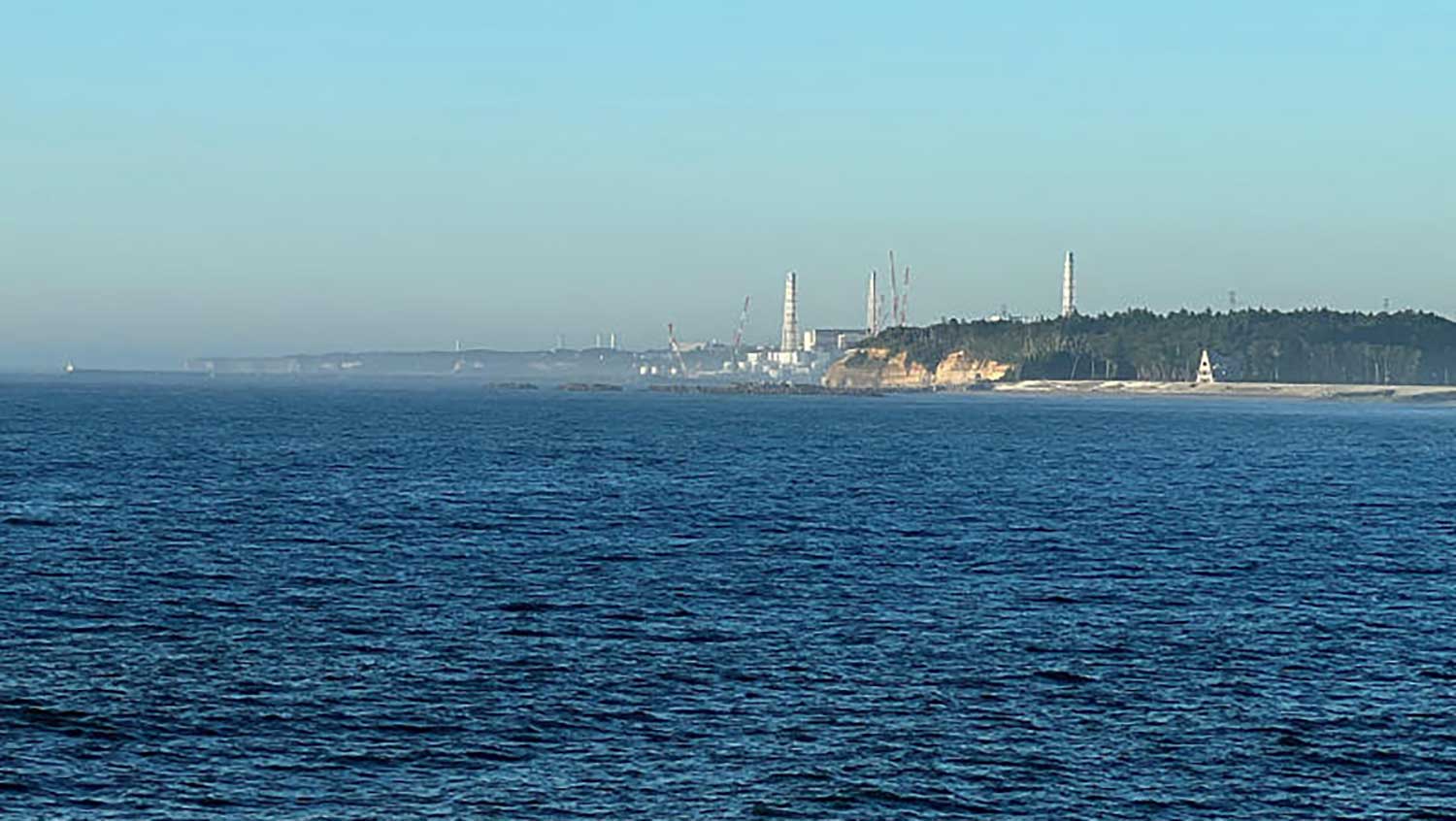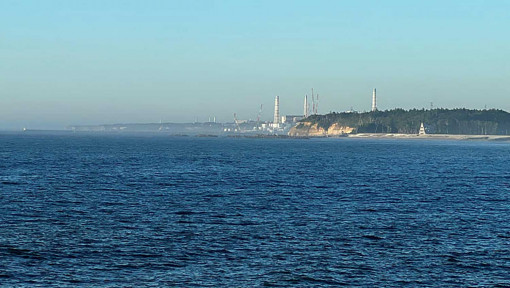PUBLISHED : 27 Aug 2023 at 17:05

The Thailand Consumer Council (TCC) has asked the Food and Drug Administration (FDA) and the Department of Fisheries to take strict measures to screen seafood imported from Japan for fear it could be contaminated by a radioactive isotope.
The island country began releasing wastewater from the Fukushima Daiichi nuclear power plant into the ocean on Aug 24.
Panuchote Thongyang, chairman of the TCC’s sub-committee on food, drugs and health products, said on Sunday many countries, including Japan itself, have voiced concerns over the safety of the wastewater despite the green light from the International Atomic Energy Agency (IAEA), which said the released wastewater, which has been treated, meets world safety standards.
He said China, Hong Kong and South Korea have suspended imports of every form of marine product, but no Thai agency has announced any measures being taken to reduce safety risks despite the fact that the kingdom is a major importer of fishery products from Japan.
Mr Panuchote said radioactive substances from the Fukushima Daiichi nuclear power plant, struck by an earthquake over a decade ago, caused many cities to have been declared off-limits. Four years after the disaster, many of those cities were still restricted areas and some of them were completely abandoned. These indicated that the leaked radioactivity had spread to adjoining areas.
“I would like to call for the FDA and the Department of Fisheries to urgently take preventive measures, especially random checks of imported sea food both at checkpoints and at local markets,” he said. “Consumption of sea food contaminated with radioactivity could be hazardous to health.”
Mr Panuchote also called for the two agencies to publicise the measures they have taken to allay fears among consumers.
On Aug 24, the day Japan started releasing the wastewater, FDA deputy secretary-general Lertchai Lertwut said the agency held a meeting with the Department of Fisheries, the Office of Atoms for Peace and the Thailand Institute of Nuclear Technology to lay down measures to examine sea food imported from Japan.
He said consumers should not worry as all imported sea food products are subject to examination at FDA and Department of Fisheries checkpoints with support from narcotics suppression police and the Thailand Institute of Nuclear Technology.
Importation of products found contaminated with radioactive substances must be suspended, and the products returned or destroyed, Mr Lertchai said.
In fact, safety measures on fishery products from Japan have been taken since the Fukushima Daiichi nuclear power plant was struck by a tsunami in 2011. No radioactive traces beyond international standards have been found in those products, Mr Lertchai said.
The FDA deputy secretary-general said that in order to convince people of the safety of Japanese seafood, authorities will double the collection of samples for examination.
The vigilance will remain despite the change of government and the transition of the fiscal years, Mr Lertchai said.

